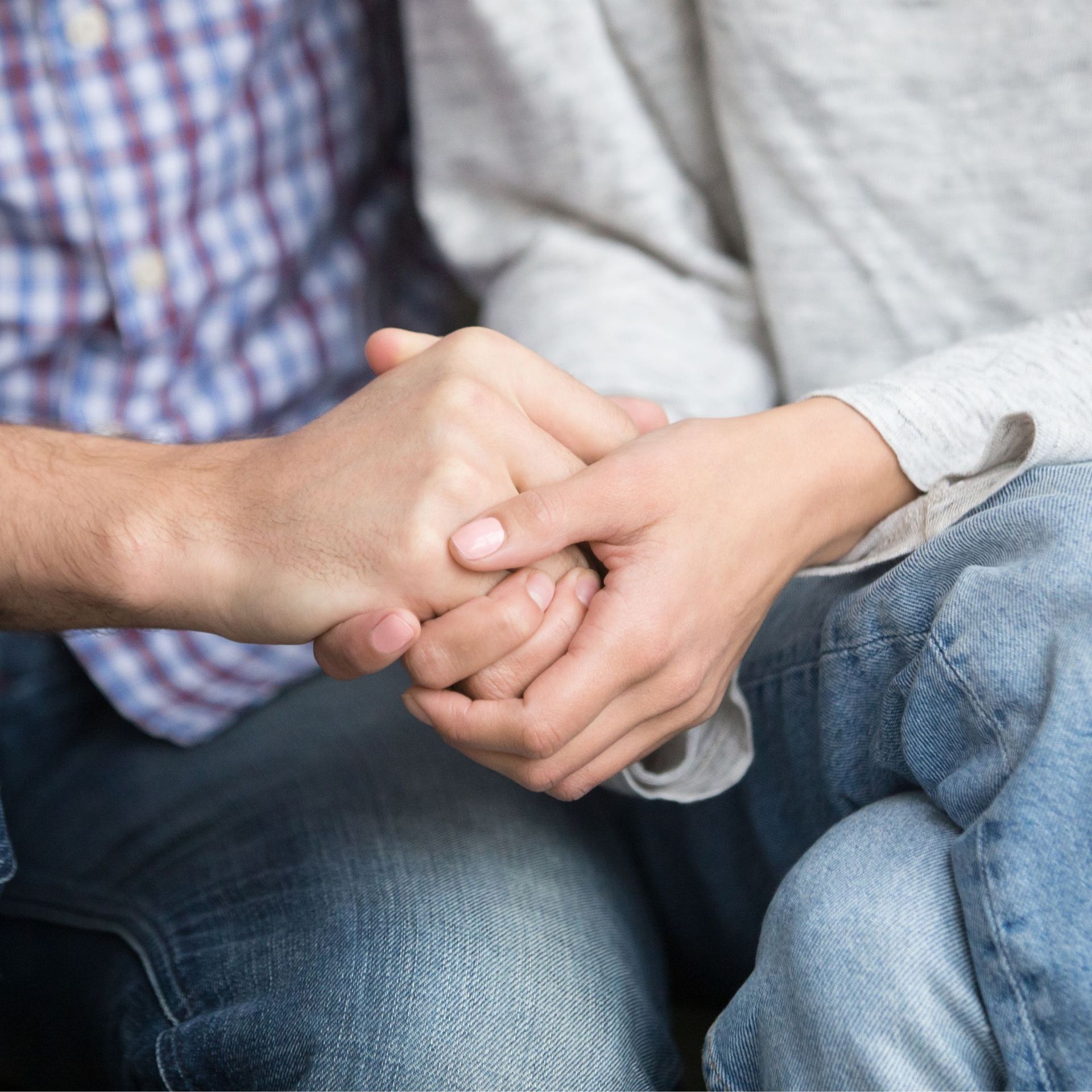Reproductive Loss
Care and support
for you in your time of loss

Reproductive Health
- Are you single and wanting to learn how to track your menstrual cycle naturally to better understand your hormonal health?
- Are you engaged or married and looking to find a natural way to avoid or achieve pregnancy in your marriage?
- Have you experienced a miscarriage, or are you struggling with primary or secondary infertility and have been told your only option for conceiving is through IUI or IVF
Learn more about the Creighton Model which offers an empowering approach to women’s reproductive health care that is safe from side effects, life-affirming, cost-effective, and clinically proven. Contact
Amanda for more information.
I've experienced reproductive loss, where can I turn?
Experiencing reproductive loss can be very difficult. Although you may feel isolated in your experience, you are not alone! But your experience is unique - there isn't a right or wrong reaction or set of emotions, and there isn't a set timeline for processing emotions, grieving and healing. But there is always hope as you make your own journey towards healing. If you are experiencing difficulty you may need some support which could include:
- Talk to someone you're close to, like your partner, a family member of friend
- Talk to spiritual or professional counselor
- Seasons of Hope - St. B's quarterly bereavement support group
- Grieving fathers - Men and Reproductive Loss: Strong, Silent and Invisible
- Diocesan Infertility awareness and resources
Reproductive Loss
A time of grief or loss after a miscarriage or abortion. Some things you many not realize about reproductive loss in the US:
- One in four pregnancies ends in a miscarriage
- One in 80 pregnancies ends in a stillbirth
- One in six couples will experience problems with infertility
- 20,000 domestic infant adoptions each year
- One million elective abortions each year
- One in four women will have an abortion by the time they are 45
Infertility
Did you know that infertility affects 1 in 6 couples? The Fruitful Hallow is an international Catholic resource and community for those experiencing infertility and those that want to support them. Blog, resources, mentoring. Click the link below to learn more.
I care - what do I do if someone shares their story with me?
Because this subject is rarely talked about, it's normal for those being confided in to feel confused about what to do or say. You may worry about 'saying the right thing.' However just by communicating with someone sensitively and compassionately, you can be a source of healing and understanding. Here are some things to keep in mind:
- Acknowledge loss and emotions
- Listen and resist temptation to 'fix it'
- Keep it confidential
- Don't try and force healing
- Be honest if you can't provide support but offer other support resources
Letter from Fr. Steve
Recently 12 staff and parishioners went through a morning of training on reproductive loss with an organization called Life Perspectives. I became aware of this wonderful organization years ago at the diocese when they made a presentation on the resources they offer online to help women, men, family members, and friends who have been touched by abortion. The training had three goals:
- Broaden our understanding of grief & loss after miscarriage and abortion
- Explore how to be a safe place for hurting women & men
- Provide healing resources to help those in our community
Grief by those who have suffered reproductive loss is not something that is culturally acknowledged in our society. As a result, countless numbers of affected people carry their pain in isolation, often not addressing it for many years with destructive consequences in their lives. The workshop was tremendously helpful in providing us a better understanding of what grieving looks like for someone affected by reproductive loss and the various dimensions of the healing process. The parish staff is committed to continuing the conversation and exploring ways that Saint Brigid Parish can be a safe place where people impacted by reproductive loss can grieve and heal.


